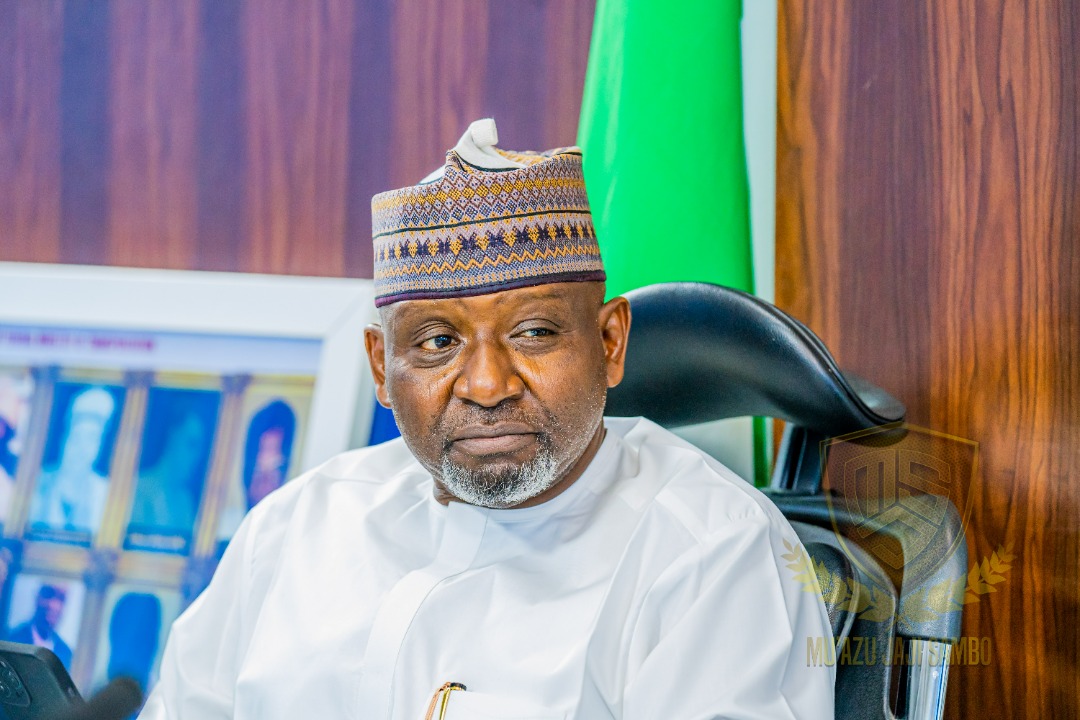The National Inland Waterways Authority (NIWA) has revealed that the 2012 flooding that ravaged a number of low-lying states along the River Niger and Benue stretch adversely degraded the dredging scheme carried out by the agency a year before the flooding.
The General Manager Corporate Affairs, NIWA, Mr. Tayo Fadile stated this in a lecture titled, “Nigeria Inland Waterways Infrastructure Development: Opportunity and Challenges”, delivered at a 3-Day All Nigerian Maritime Journalists’ Retreat organized in Topo, Badagry, Lagos.
He revealed further that the natural state of the rivers which made them to have sharp radiant encourage a faster flowing scenario to the ocean, thereby causing build up of inpurities on the dredged route.
The conference was put together by the Association of Maritime Journalists of Nigeria (AMJON) as their median programme to launch to the lead.
Fadile added that the navigable waterways included the nation’s portion of the Lake Chad, creeks and lagoons, apart from the dredged River Niger which runs from the ocean to Baro in Kogi State.
He said that Nigeria’s natural endowment in inland waterways was about 10,000 kilometers of which if developed through dredging and provision of auxiliary facilities would provide all year round navigation for transportation of bulk cargo and passengers.
NIWA noted that “In order to facilitate efficient and economic use of Nigerian waterways to attain desired economic prosperity, the Federal Government established the National Inland Waterways Authority (NIWA) through an Act of the National Assembly CAP47 LFN (Decree No. 13 of 1997) with a clear mandate to manage Nigeria’s vast inland waterways resources.
“The Act vests in NIWA the power to exclusively manage, regulate and control activities and operations on Nigeria’s inland waterways. This power is exercised on Nigeria’s over 3000 kilometers of navigable waterways from the Nigeria/Niger and Nigeria/Cameroon borders to the Atlantic Ocean including the nation’s portion of the Lake Chad, creeks and lagoons. Nigeria is blessed with a river configuration very suitable for North-South movement of people and cargo”.
Aggrieved Fadile decried the fact that despite its great potentials and opportunities it provides for the economic development, the nation’s waterways resources were grossly underutilized and underdeveloped adding that in order to elicit efficient, prudent and profitable utilization of the Nigerian inland waterways transport system, the federal government was poised to transforming inland waterways infrastructure facilities in line with government shared vision and initiative towards a modern competitive multi-modal inland water transport system with best practices and service consistent with current global standards.









